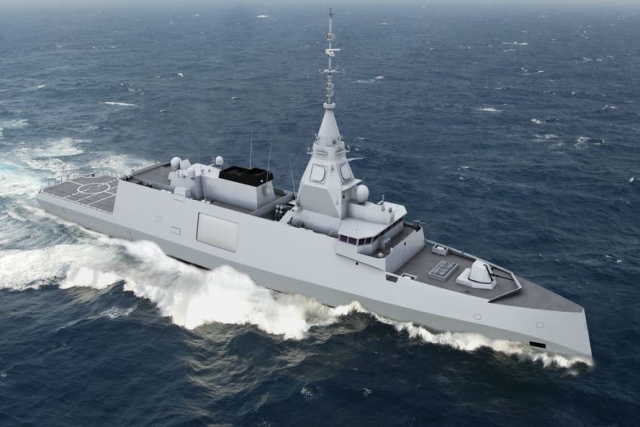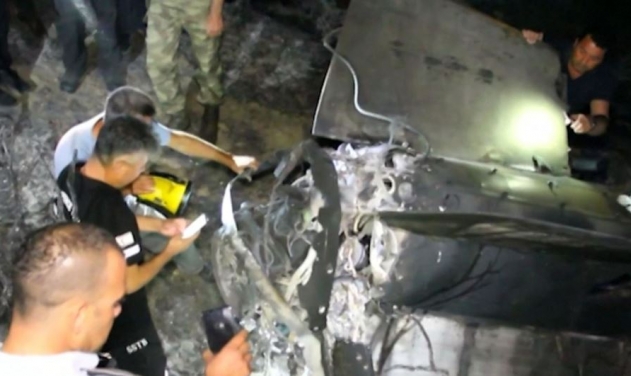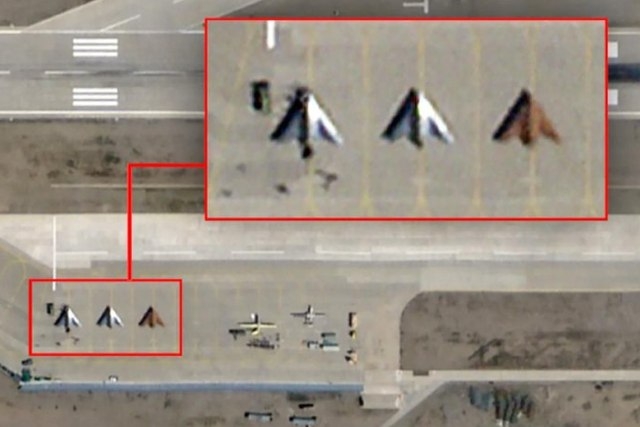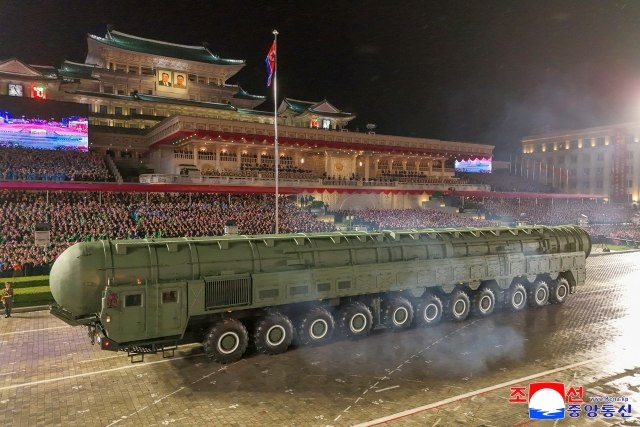Israeli Drones to Help Monitor Turkish "Encroachment" of Cypriot EEZ
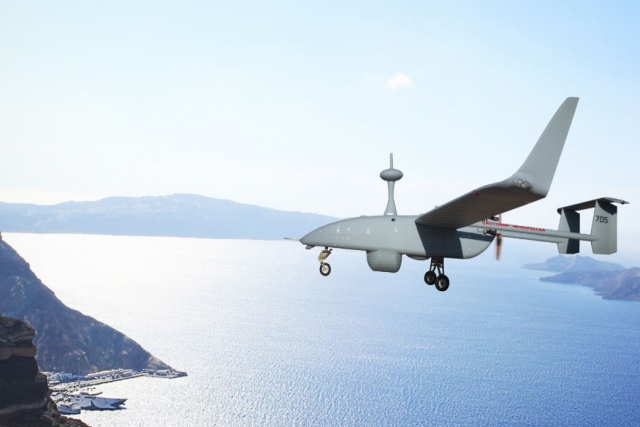
Israeli UAV manufacturer Aeronautics has sold 4 Aerostar tactical UAVs to the Cyprus' defense ministry to monitor Turkey’s exploration for oil and gas in the Eastern Mediterranean sea.
The deal valued at $13 million for four Aerostar Tactical UAS (TUAS) drones, which have a wingspan of 8.7 meters, will be used to control the country's offshore exclusive economic zone (EEZ) amid concerns that Turkey is “encroaching” on Cypriot territory in search of gas and oil.
The deal was reported by the Cyprus media but not confirmed by the Israeli company.
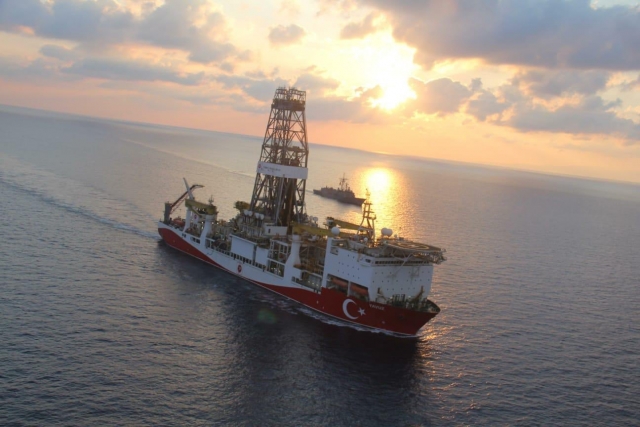
The Aerostar TUAS can climb at a rate of 304m/min. The maximum and cruise speeds of the UAV are 203km/h and 114km/h respectively. The stall speed is 90km/h and the range is 200km. The UAV can loiter in air for a maximum of 12 hours.
The UAV features a robust airframe, an automatic identification system, a ship identification system, VHF radios, a hands-on throttle and stick control system, and vertical stabilisers. It is also equipped with a UMAS digital flight control system, directional antennae and a multi-channel data link system built by Commtact.
The drone is equipped with a large payload bay, and carries several types of payloads, including advanced, stabilized EO/IR sensors, Laser designation, Synthetic Aperture Radars (SAR)\GMTI, various electronic intelligence sensors (COMINT, ELIINT) and other advanced payloads.
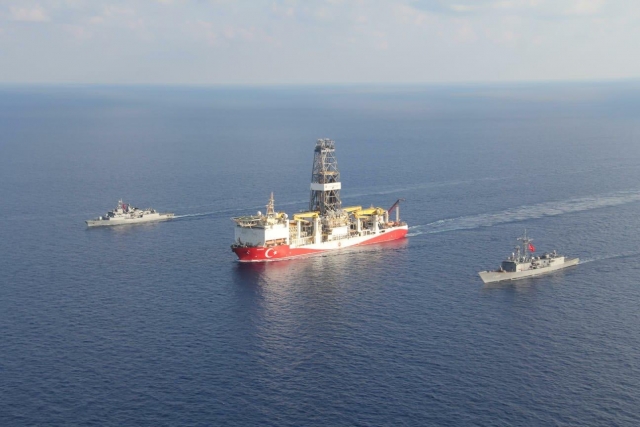
In July 1974, Turkey invaded Cyprus in order to crush a military coup backed by Greece. Ever since then, Ankara continues to lay claim to the breakaway Turkish Republic of Northern Cyprus, a de facto state situated in the north-eastern portion of the island.
According to the UN Law of the Sea Convention, a country’s EEZ (where it can claim fishing, mining and drilling rights) can stretch upto 200 miles out to the sea. In cases where maritime distance between two countries is less than 424 miles, the parties involved must determine an agreed dividing line between their EEZs.
Turkey has not signed up to the convention because the document grants significant rights to island territories. Ankara asserts right to the area stating that its continental shelf extends to the median line with Egypt. This in part overlaps with Cyprus’ blocks (including Block 7) in the EEZ.
Turkey does not recognise Cypriot EEZ; and demands authority over and a share of revenue generating from the oil and gas reserves for the Turkish Cypriots.
This July, the Cyprus government granted a licence to a consortium of France’s Total and Italy's Eni to explore for hydrocarbons in Block 7. In the same month, Turkish minister for energy and natural resources Fatih Donmez tweeted that the Oruc Reis seismic vessel would soon join a trio of Turkish Petroleum (TPAO) vessels in the Eastern Mediterranean.
On October 8, Turkey deployed two drilling vessels-Fatih and Yavuz, in the waters around Cyprus; with the Yavuz being assigned to drill in Block 7.
Ankara says its activities are legitimate since the licenses for TPAO’s exploration were granted by the Turkish Republic of Northern Cyprus and that it is merely defending the rights of Cypriot Turks. Both the Cypriot Government and the UN have condemned Turkey’s actions as illegal and provocative.
